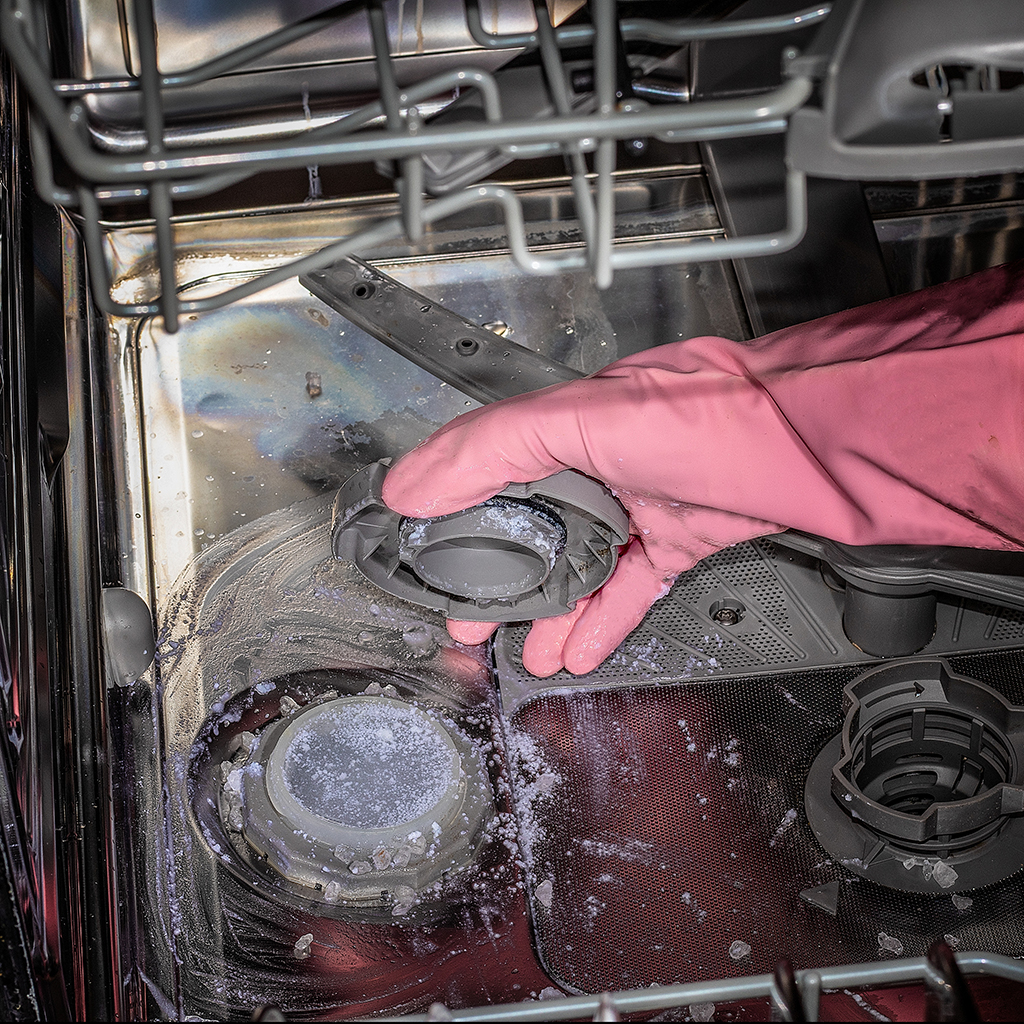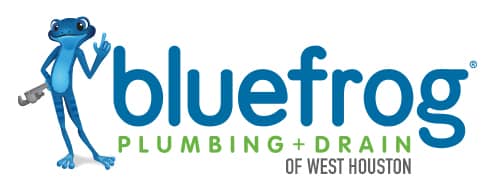
Plumber Tips To Deal With With A Clogged Dishwasher | Sugar Land, TX
Photo By irinacapel at Shutterstock
When you’re in a mood to cook a delicious meal, nothing can be more unpleasant than a flooded kitchen and a clogged dishwasher. Your dishwasher gets clogged up when paper, food, or scraps build up inside it.
Once it happens, it’s time to call a plumber, so you wouldn’t have to deal with the mess or an overflowing sink.
What Are the Warning Signs of Dishwasher Clogging?
Since the dishwasher is connected to your kitchen’s main water supply line, you may expect the same issues as you’d from other plumbing appliances. However, a dishwasher may send some warning signals to alert you before things go out of hand.
Of course, you can wash the dishes by hand. But why bother when you can call an emergency plumber right away in Sugar Land, TX, to fix the problem?
Look for these signs, and you may avert a bigger issue down the road.
Not Cleaning the Dishes Properly
A dishwasher is meant to wash your dishes with sparkling cleanliness. If it doesn’t, that’s your first sign that there might be a problem.
Suppose the washed dishes look as dirty as before, rerun the dishwasher with more detergent. And call a professional right away if the problem persists.
Water Backing Up in the Sink
Your kitchen sink and dishwasher connect to the same water line. So, if the water backs up in the sink when you turn on the dishwasher, it is a warning sign that there may be a clog somewhere in it.
Making Gurgling Noises
Every dishwasher makes some noise when dishes rattle, and water runs inside it. But, if you hear any odd, gurgling sound, you should look for its underlying cause. Sometimes, the noise may be due to clogging in the sewer or secondary lines, not the appliance. Whatever is the case, call a professional for proper inspection instead of taking matters into your hands.
Slow Draining
If you don’t want your kitchen to get flooded every time you wash the dishes, avoid slow drains. They are a precursor to clogging in the appliance. So, whenever you notice it, don’t ignore and call a plumber immediately.
Water Pooling After Washing the Dishes
Water residue or puddles of dirty water at the bottom of your dishwasher are another potential warning sign. If you notice this problem after washing the dishes, it may be due to clogging in some parts. Also, look for any unusual condensation of steam inside the dishwasher. It happens if water doesn’t drain properly. The condition worsens if this pooled water leads to bacteria and mold growth inside the appliance.
These are some alarming signs that your dishwasher has clogging issues, and you need to fix them without delays. However, dishwashers can be complex, and you shouldn’t take the DIY route unless you are adept at handling them. It can be risky and costly, both of which you can avoid by working with an experienced plumber.
What To Do If Your Dishwasher Is Clogged?
An underperforming dishwasher may have bigger problems lurking inside the appliance. Hence, deal with this problem as soon as you notice the first sign of clogging. Here is what you can do in different circumstances.
Dealing with Clogged Spray Arm
Food debris or mineral deposits from hard water may clog the nozzles in your dishwasher’s spray arms. Whenever you notice a decline in cleaning performance or find something hindering the holes, you may have to remove the arms and clean out the holes using a paper clip or pipe cleaner. Since it requires dealing with complex connections and clamps, call a plumber to fix the issue.
Dealing with Clogged Hose
Sometimes, your dishwasher may be draining slowly or not draining at all due to a clogged drain hose. It often happens if the dishwasher drains through the garbage disposal. You have to remove the drain hose to fix this issue. It involves pulling out the machine and removing the bottom access panels.
The entire process needs a lot of expertise, and if your dishwasher is mounted to the counter, you shouldn’t try to dismount the machine. Instead, call a plumber to deal with the clamps, screws, and clips that will release the machine from its mount and disconnect the hose for unclogging.
The professionals can examine the hose for any brittle, kink, or cracking sign that shows the need for immediate replacement. And if the clog is tougher, it may need water jetting to dislodge and flush out.
Dealing with Clogged Air Gaps
Not every dishwasher has air gaps, but if yours does, it is another spot where clogging can happen. Clogs may block the air gaps, and water from the dishwasher will spill out at a higher speed. You can remove the air gap cover to inspect inside and clean any gunk using a pipe brush.
However, if the blockage is in the hose between the sink drain and the air gap, you need to disconnect the hose to flush it out. This calls for the professional expertise of a certified and licensed plumber.
Can You Prevent Dishwasher Clogging?
Once you know why your dishwasher clogs, you can take preventive measures to prevent this issue. For example, rinse your dishes before throwing them into the washer, so food scraps or chunks will not clog its filters.
If your Sugar Land, TX home has hard water supply, there may be a mineral build-up inside the appliance, including the dishwasher. You can avoid this build-up by dumping distilled white vinegar in the bottom of the machine. Run the dishwasher to allow the vinegar to break up the gunk and remove the blockage.
Also, make it a habit to clean the filter baskets regularly. You can also schedule routine maintenance by a plumber to prevent the issues from building up.
Get In Touch With Plumbing Pros at bluefrog Plumbing + Drain of West Houston
If your dishwasher is clogged or having any other problem, you can give us a call right away. Our experienced and competent plumbers will promptly resolve the issue and handle your mess effectively. Don’t let a clogged dishwasher hamper your cooking mood. Contact us at bluefrog Plumbing + Drain of West Houston at 346-262-0129. We also offer a bunch of other plumbing services.





;)


